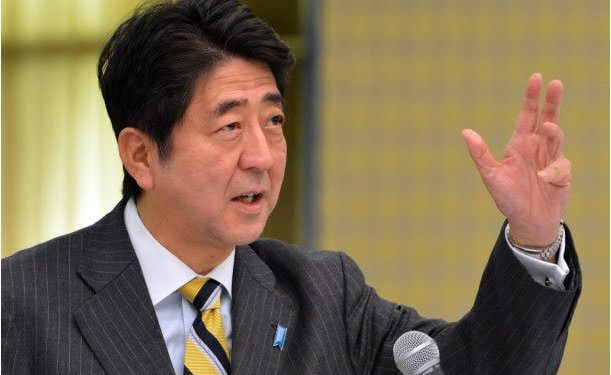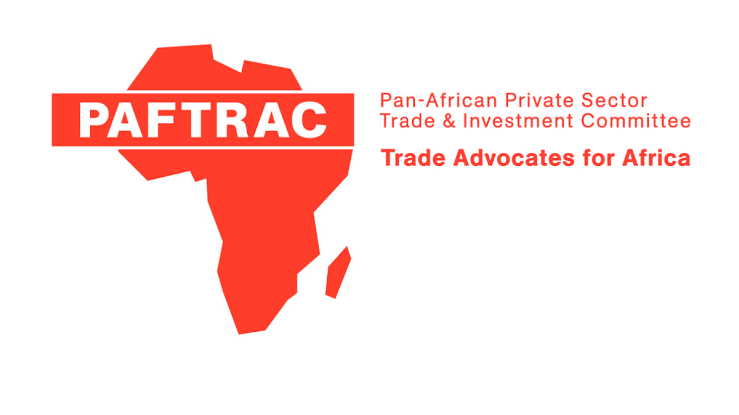The African Diaspora Network Japan (ADNJ) has emphasized Nigeria’s strategic importance for Japanese companies looking to establish and expand in the African market. The organization encouraged Japanese businesses to leverage the African Continental Free Trade Area (AfCFTA) as an entry point to tap into Africa’s emerging economic landscape.
At the 2024 Osaka-Africa Business Forum, themed Let’s Walk with Africa, ADNJ leaders underscored Nigeria’s potential, particularly its bustling commercial hub, Lagos, as an ideal starting point for Japanese ventures aiming to gain a foothold in West Africa. Advisor on SMEs, Nose Yukio, noted in her keynote that Africa’s rapid population growth and rich natural resources present vast market opportunities. “The African continent will make up a quarter of the global population by 2050,” Yukio highlighted, identifying Nigeria as a promising location for businesses interested in new ventures within an untapped market.
Yukio advised businesses to select African regions strategically, recommending Egypt in North Africa for its logistical proximity to Europe, Kenya in East Africa, and Nigeria in West Africa. She also encouraged Japanese firms to develop products that address local demands, such as automotive items, power generators, and water filtration systems. “To succeed and not fail, look at the market for something needed,” Yukio advised, adding that focusing on essential goods can help Japanese companies avoid typical obstacles that foreign firms often face in Africa.
Japanese-Malian professor Oussouby Sacko expanded on the continent’s potential, describing Africa as “the final frontier of the global economy.” He emphasized the importance of understanding Africa’s diversity, urging Japanese business leaders to approach the continent with nuanced insights rather than treating it as a single market. Sacko acknowledged that educational gaps sometimes limit trade partnerships, urging cooperation and joint solutions to bridge these gaps. “Africa needs to work with Asia,” he stated, highlighting the value of mutual collaboration.
A Japanese government representative reiterated Japan’s commitment to fostering partnerships with African nations, acknowledging challenges but expressing optimism for growth. “We are partnering with businesses in Africa because it makes us happy and helps us make money,” the official stated, pledging ongoing support and resources for Japanese businesses interested in Africa.
ADNJ’s President, David Kpondehou, shared pride in the organization’s work to reshape perceptions and promote Japan-Africa business ties. “ADNJ is leading the way to change the narrative that Africans can travel on a business trip and come to Japan for 10 days,” Kpondehou remarked. He pointed to initiatives like the Japan Africa Youth Agenda 2025 and the Pan African Network in Japan as central to ADNJ’s mission of fostering cross-continental interactions and opportunity.
This commitment underscores Japan’s long-term vision for economic integration with Africa, advocating for sustainable partnerships that benefit both continents.










